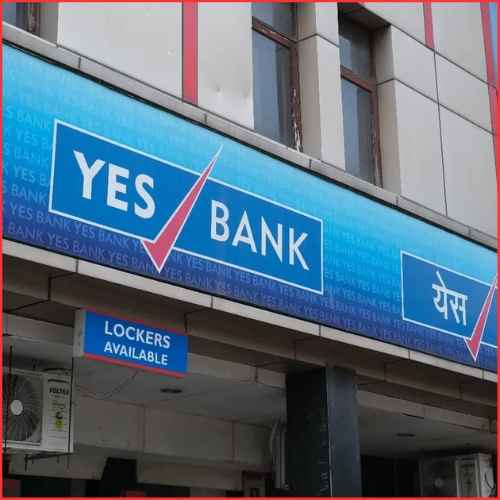Recently, a new traffic signaling system for cars and pedestrians has been activated at the intersection of Murphy Road and Kensington Road in Ulsoor. It is based on the Japanese MODERATO (Management of Origin-Destination-Related Adaptation for Traffic Optimisation) technology.
These traffic lights, which are located at 28 significant intersections along Bengaluru‘s MG Road, Hosur Road, and Old Madras Road, have been out of commission for a few months due to several issues, but they will soon be brought back into service. There are now fixed traffic signal times at these intersections, independent of the volume of traffic. With the new technology, signals can automatically adjust according to the number of cars at each intersection.
For a week, the signal at the intersection of Murphy Road and Kensington Road has been temporarily activated to inspect the installation and switching processes. The project’s implementer, the Directorate of Urban Land Transport (DULT), Commissioner Deepa Cholan, told Moneycontrol that the real testing of the signals will start the final week of February 2024.
All 28 signals in the central city regions should be operational by March 2024, if DULT’s proposal comes to fruition. The Japanese International Cooperation Agency (JICA) is providing funding for the Rs 72-crore project, which is being carried out by the Japanese company Nagoya Electric Works Company Limited.
“All 28 traffic signals are expected to be commissioned by the end of March 2024, after conducting detailed testing of the system,” added Cholan.
“The installation of signals and related sensors is no longer subject to civil works. The power connection to the sensors will be finished by the third week of February,” she added. “The power connection to the signals has already been finished.”
The project didn’t take off until July 2021, after being initially announced in 2014. It was supposed to be finished by October 2022, however, there were several deadlines missed. Although DULT was unable to address power supply problems, it was rescheduled for August 2023. As part of the Bengaluru Advanced Traffic Information and Management System (ATIMS) project implementation, DULT released a short-term tender in November 2023 for the provision of electrical connectivity for the Queue-Length Measurement System (QLMS), Variable Message Signs (VMS), and Automatic Traffic Counter & Classifier (ATCC) locations.
When asked about the delays, Cholan responded, “June 2021 saw the signing of the contract with Nagoya Electric Works, the implementing agency. But because of COVID-19, there were difficulties in getting the execution underway. Additionally, there were delays after work began because of the need to modify plans and construction techniques because of subterranean utilities, modifications at Metro construction sites, widening roads, etc. It required time to get approvals from relevant authorities and carry out the operation with utility companies.“
She stated that following the conclusion of testing and system commissioning, the traffic police will get the signals. “An option for manual intervention is provided to allow the movement of VIP and emergency vehicles.“
Signals for cars and pedestrians, an automatic traffic counter for tracking vehicle movement, and a queue-length measurement system at key intersections for tracking traffic accumulation are the primary parts of the adaptive traffic signal control system (ATSCS). At every intersection included in this project, real-time signal timing optimization will be achieved through the use of a central control program called MODERATO. Individual pedestrian lights will facilitate cross-town traffic.
The ten most congested intersections in the city—Silk Board, Ibballur, Kadubeesanahalli, Dairy Circle, Tin Factory, Hebbal, Goraguntepalya, Sarakki, Banashankari, and Kumaraswamy Layout—will not be covered by the ATSCS, though. These intersections were reportedly identified before 2014, however as of right present, the Outer Ring Road and the surrounding areas—rather than the core business district—are experiencing the most traffic congestion.
The Dutch location technology company TomTom just issued its traffic index, and it shows that Bengaluru ranked sixth internationally in 2023—a little increase from 2022 when it was ranked second.
With over one crore cars, Bengaluru has around forty thousand traffic crossings, roughly four hundred of which are signal-controlled while the remaining six hundred are manually managed.















